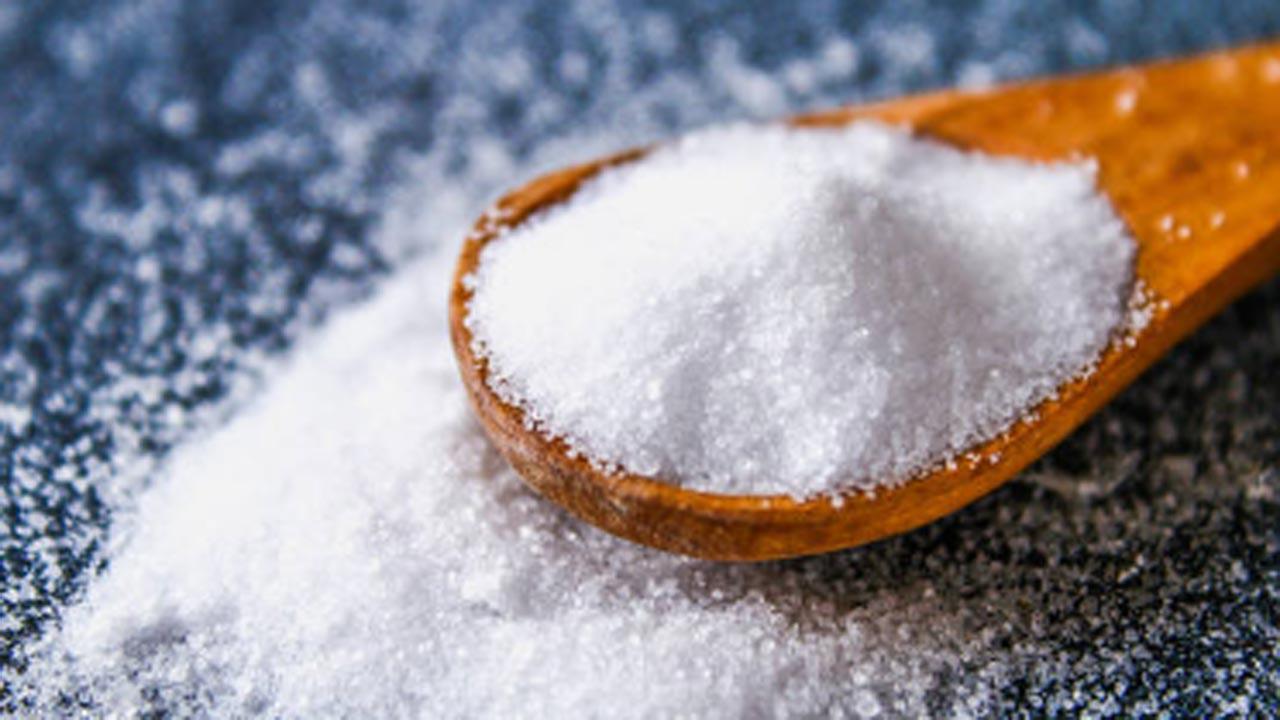Reducing salt intake by one teaspoon a day lowers blood pressure the same amount as medication in just one week, according to a research by Vanderbilt University Medical Center (VUMC), Northwestern Medicine and the University of Alabama at Birmingham

Representational images. Pic/iStock
A study led by an Indian-American researcher has found that nearly everyone can lower their blood pressure, including people on medication, by cutting down their sodium intake.
ADVERTISEMENT
Reducing salt intake by one teaspoon a day lowers blood pressure the same amount as medication in just one week, according to a research by Vanderbilt University Medical Center (VUMC), Northwestern Medicine and the University of Alabama at Birmingham.
Conducted in middle age to elderly participants, in the age group of 50 to 75, the research asked them to reduce their salt intake by about one teaspoon a day compared with their usual diet.
"The result was a decline in systolic blood pressure by about six millimeters of mercury (mm Hg), which is comparable to the effect produced by a commonly utilised first-line medication for high blood pressure,” said Deepak Gupta, associate professor of Medicine at VUMC.
Among 213 participants, systolic blood pressure was significantly lowered by 7 to 8 mm Hg when they ate the low-sodium diet compared with high-sodium diet, and by 6 mm Hg compared with their usual diet.
Overall, 72 per cent of participants experienced a lowering of their systolic blood pressure on the low-sodium diet compared to their usual diet.
"The effect of reduction in dietary sodium on blood pressure lowering was consistent across nearly all individuals, including those with normal blood pressure, high blood pressure, treated blood pressure and untreated blood pressure," Gupta said.
"Just as any physical activity is better than none for most people; any sodium reduction from the current usual diet is likely better than none for most people with regards to blood pressure," he said.
The research, which was published in the Journal of the American Medical Association, found that 70 - 75 per cent of all people, regardless of whether they are already on blood pressure medications or not, were likely to see a reduction in their blood pressure if they lower the sodium in their diet.
The total daily sodium intake recommended by the AHA is to be below 1,500 milligrams, and this study was designed to decrease it even lower than that.
High blood pressure is the leading cause of morbidity and mortality in the world, which can lead to heart failure, heart attacks and strokes as it puts extra pressure on your arteries. In addition, it affects the heart’s ability to work effectively and pump blood.
This story has been sourced from a third party syndicated feed, agencies. Mid-day accepts no responsibility or liability for its dependability, trustworthiness, reliability and data of the text. Mid-day management/mid-day.com reserves the sole right to alter, delete or remove (without notice) the content in its absolute discretion for any reason whatsoever
 Subscribe today by clicking the link and stay updated with the latest news!" Click here!
Subscribe today by clicking the link and stay updated with the latest news!" Click here!







